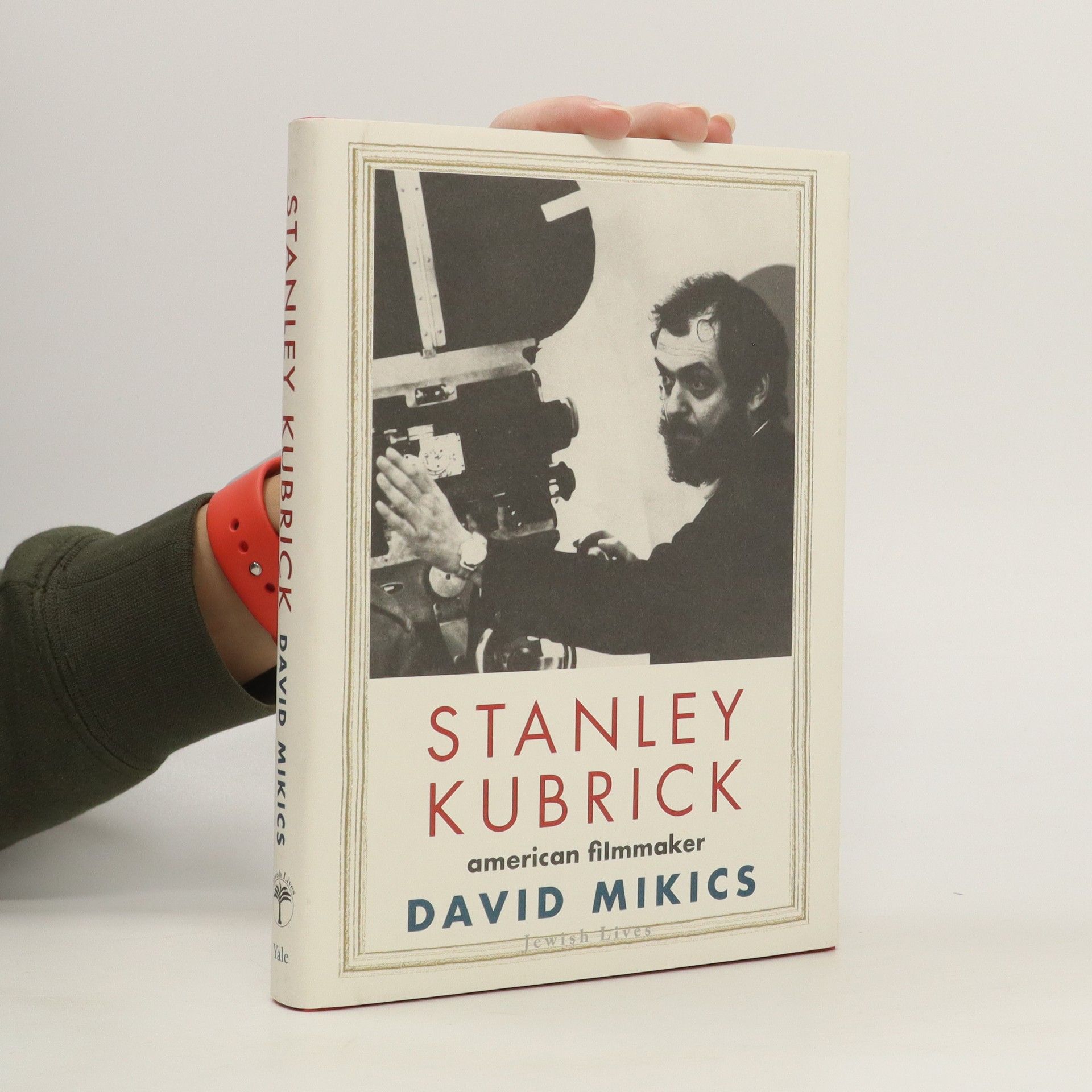Stanley Kubrick : american filmmaker
- 248pages
- 9 heures de lecture
An engrossing biography of one of the most influential filmmakers in cinematic history, Kubrick grew up in the Bronx, a doctor's son. From a young age he was consumed by photography, chess, and, above all else, movies. He was a self-taught filmmaker and self-proclaimed outsider, and his films exist in a unique world of their own outside the Hollywood mainstream. Kubrick's Jewishness played a crucial role in his idea of himself as an outsider. Obsessed with rebellion against authority, war, and male violence, Kubrick was himself a calm, coolly masterful creator and a talkative, ever-curious polymath immersed in friends and family. Drawing on interviews and new archival material, Mikics for the first time explores the personal side of Kubrick's films
